Rimini inquiry confirms that Pantani was not murdered
New autopsy blames overdose of anti-depressants for death
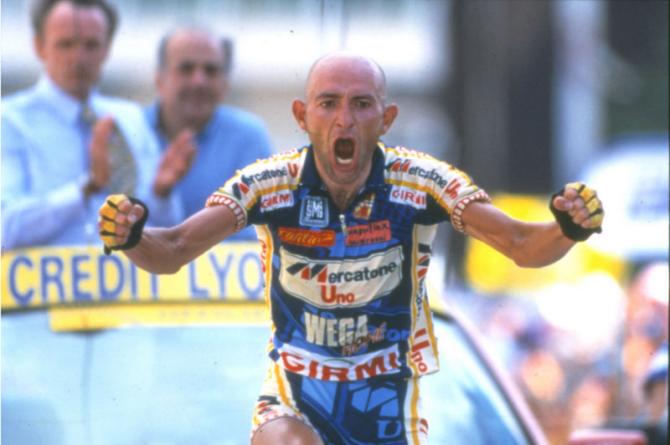
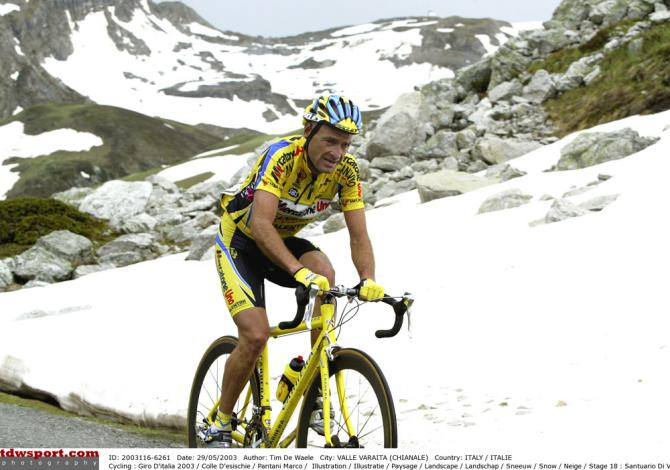
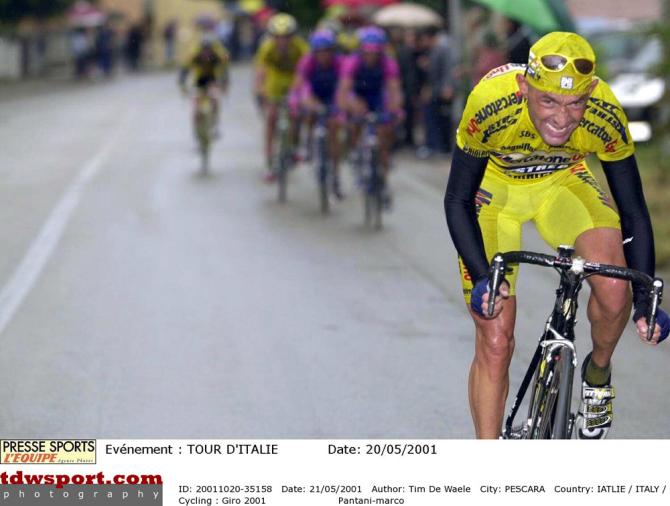
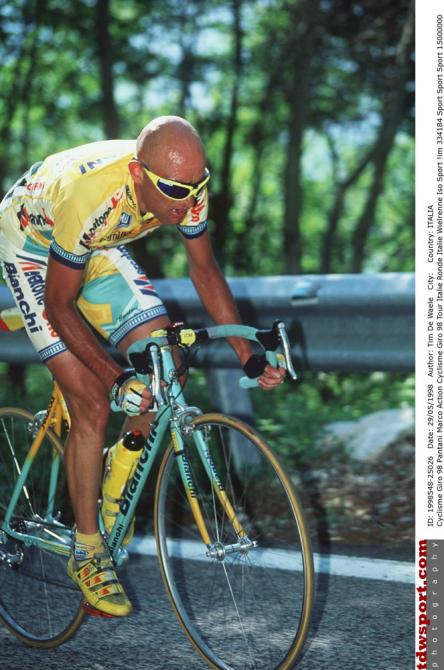
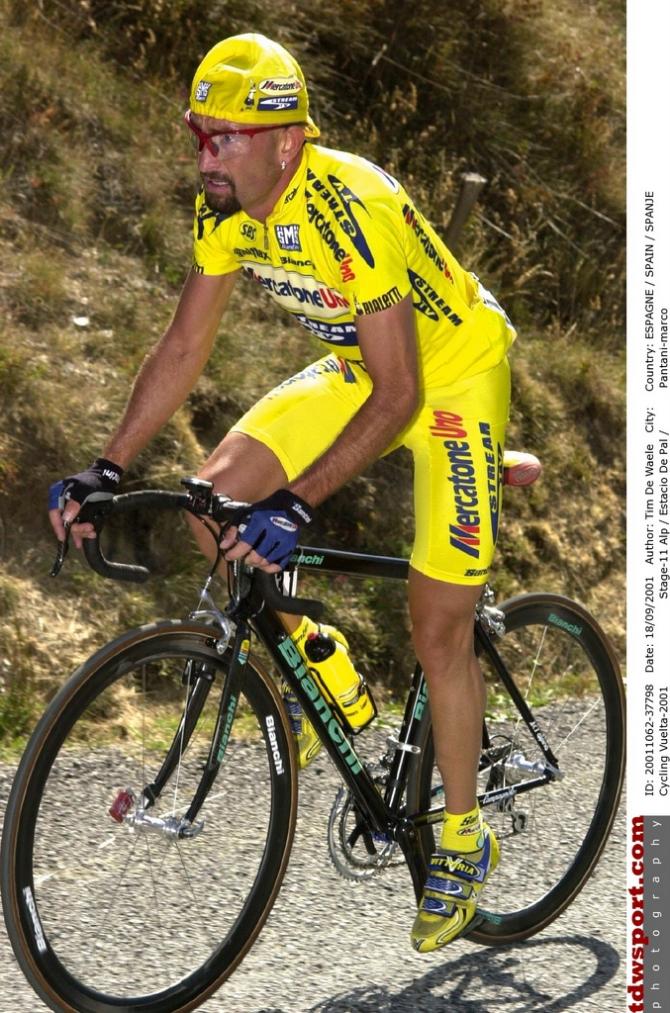
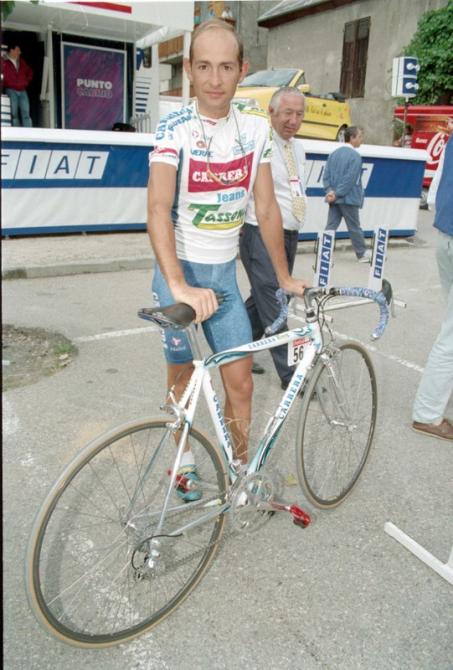
The Rimini-based inquiry into the death of Marco Pantani has dismissed the hypothesis that he was murdered and found that he died as a result of an overdose of anti-depressants, with his use of cocaine a contributing factor.
Pantani died on 14 February 2004 at Residence Le Rose and the original autopsy concluded that he had died as a result of a cocaine overdose. In August of last year, however, the case was reopened after a private investigation funded by Pantani's parents and publicised heavily by Gazzetta dello Sport claimed that Pantani had been murdered.
Rimini public prosecutor Paolo Giovagnoli asked forensic expert Professor Franco Tagliaro to re-examine the evidence and Corriere della Sera reports that he has rejected the idea, propagated by Gazzetta, that Pantani died as a result of being forced to drink cocaine mixed with water.
According to Corriere della Sera, Tagliaro was able to re-examine the blood and urine samples from the Giuseppe Fortini's original autopsy, which had been thought destroyed. His findings contradict the original autopsys contention that cocaine was the principal cause of death and thus rule out the notion that Pantani was murdered.
In his 30-page report, Tagliaro confirms that Pantani was taking cocaine in smaller amounts than originally reported but that he had taken large quantities of anti-depressant drugs, in particular venlaxafline and trimipramine. “The combined action can provide a full explanation of the death," Tagliaro said.
The original autopsy drew no conclusions as to whether Pantani's death had been suicide or an accident, and the preliminary remarks in Tagliaro's new report agreed that there could be no definitive answer.
“Excessive intake can be caused by the desire to solve the problem of depression and then taking the wrong dose, or with the aim of self-destruction (the antidepressants in question are among the medicines most commonly used for suicide),” he wrote.
The latest race content, interviews, features, reviews and expert buying guides, direct to your inbox!
However, Tagliaro ruled out the murder hypothesis put forward by the Pantani family's lawyer Antonio De Rensis. “No concrete evidence emerged to suggest that the medicine or drugs were taken under duress," Tagliaro said.
The murder inquiry, therefore, has come to an end, with Corriere della Sera reporting the public prosecutor Giovagnoli as saying: “In light of these results, I'm looking to close the case."

Barry Ryan was Head of Features at Cyclingnews. He has covered professional cycling since 2010, reporting from the Tour de France, Giro d’Italia and events from Argentina to Japan. His writing has appeared in The Independent, Procycling and Cycling Plus. He is the author of The Ascent: Sean Kelly, Stephen Roche and the Rise of Irish Cycling’s Golden Generation, published by Gill Books.